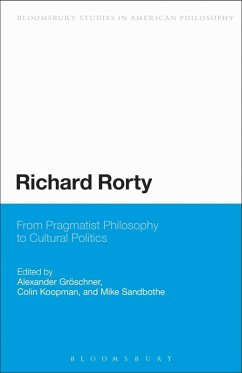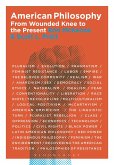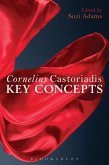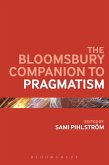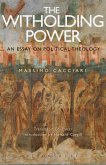Richard Rorty was one of the most important philosophers of the last half of the twentieth century. His work helped effect global transformations in the way philosophy thinks about its work and role midst contemporary culture. He was influential across a diversity of disciplines in perturbing our inherited self-understandings of the place of intellectuals in culture and the roles of art, literature, science, and religion in contemporary liberal democratic society.
This collection of essays, by an international and interdisciplinary group of eminent scholars and thinkers in their own right, including Jürgen Habermas, Saskia Sassen, Robert Brandom, and Richard Shusterman, presents the first complete posthumous study of Rorty's work as a whole. The collection reflects on Rorty's myriad accomplishments, with particular attention on the role of pragmatist philosophy in Rorty's increasing identification of his thinking with the work of cultural politics. The book covers the full range of Rortyan themes, including the practice of philosophy and metaphilosophy, the politics of culture, and Rorty's place in the contemporary philosophical and critical-cultural landscapes. These reflections serve to both introduce the arc of Rorty's thinking and advance the critical reception of his work.
This collection of essays, by an international and interdisciplinary group of eminent scholars and thinkers in their own right, including Jürgen Habermas, Saskia Sassen, Robert Brandom, and Richard Shusterman, presents the first complete posthumous study of Rorty's work as a whole. The collection reflects on Rorty's myriad accomplishments, with particular attention on the role of pragmatist philosophy in Rorty's increasing identification of his thinking with the work of cultural politics. The book covers the full range of Rortyan themes, including the practice of philosophy and metaphilosophy, the politics of culture, and Rorty's place in the contemporary philosophical and critical-cultural landscapes. These reflections serve to both introduce the arc of Rorty's thinking and advance the critical reception of his work.

